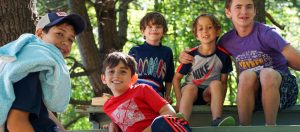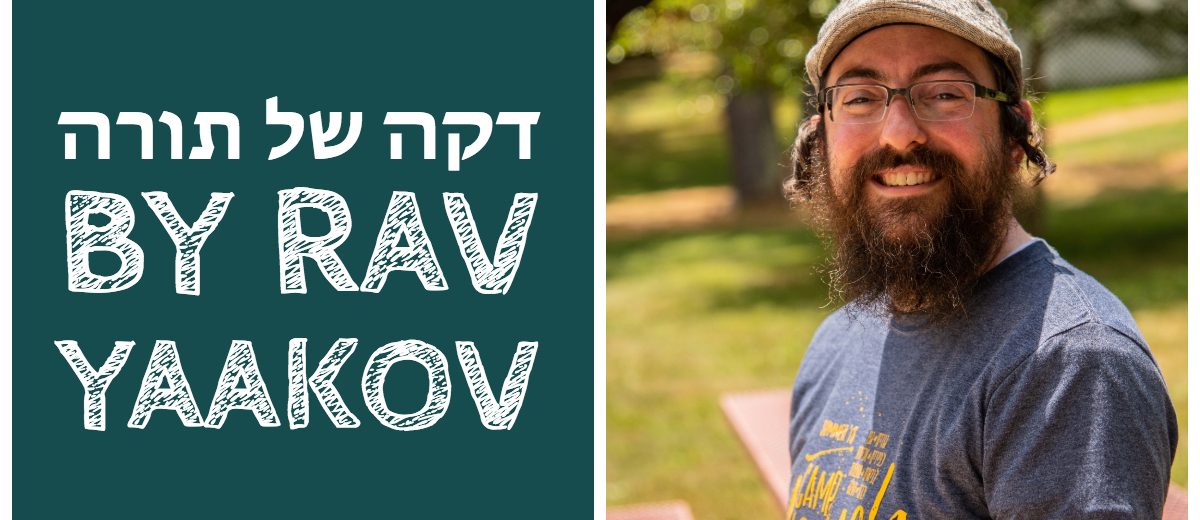When I get really nervous about something I feel like I’m going to throw up. Every time. I’ve never actually done it, but I feel like I’m about to. Similarly, whenever I’m really excited about something, I can feel my heart beating faster and faster in my chest – racing a million miles an hour. Do you have these experiences, when your feelings or emotions express themselves physically in your body?
According to this week’s parsha, in Biblical times our bodies were even more perceptive. In fact, the Torah teaches us about how people were so conscious of the effects of the non-physical on their physical bodies that when a person spoke about other people behind their backs, patches of discolored skin would appear all over their body, called tzaraat. This person was called a metzora, which means both “one who has tzaraat” and is short for motzi shem ra – one who speaks badly about others.
For me, the fascinating thing about metzora is not so much the physical evidence of one’s lashon hara (gossip), but what happens afterward. A person who engages in lashon hara and is struck with this tzaraat on their skin must temporarily leave the community until they repent and become purified. In speaking lashon hara, one places oneself above the community in passing judgment on their fellow. The punishment is to separate from the camp until one earns the right to return, by taking responsibility for their actions. But how can one possibly repent from such a banishment?
According to Malka Touger in her commentary on the parsha, the answer comes in the form of the community leaders. The kohanim (priests), who usually spend their time in the holy Temple – the holiest place in the world and the center of the community – would leave their comfort zone and travel to the outskirts of the camp in order to reintegrate the metzora. This is a wonderful example of how the Torah perceives of leadership – a person going outside of their own experiences and responsibilities, and taking upon themselves the task of healing the community, of bringing people back together in a way that heals, and in a way that teaches the metzora how to act with love and kindness, instead of with lashon hara.
At camp this summer, you might be in youngest Gurim, you might be in Kerem, or you might be a madrich/a. Whatever your role is, you will find yourself in positions where you can affect the relationships of those around you. A real K’lal Yisrael community depends on each member being willing to leave their comfort zones to help one another. As we get closer and closer to camp (just 65 days left!), let’s all start thinking about what we each can do to strengthen our whole Yavneh community this summer.
Questions for the Shabbat Table:
- How do leaders in our camp build community?
- In what ways do you think that you have in the past (or could in the future) be a leader by going outside of your comfort zone and helping repair relationships?




